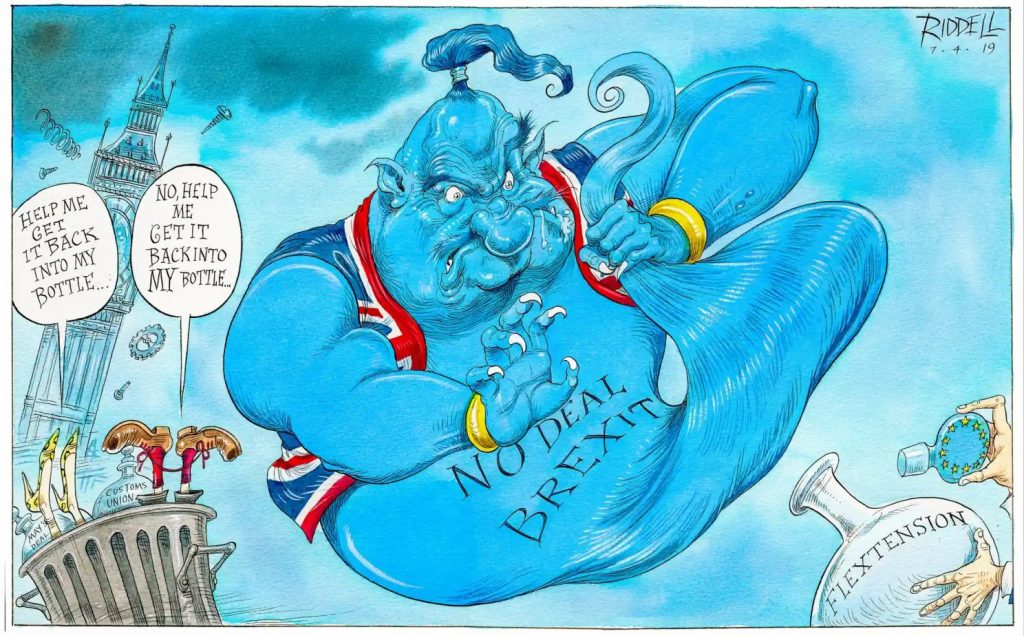
Emotional contagion and how media amplify extremist views during the 2023 elections.
Social Media giants Facebook, Twitter and LinkedIn have know for some time that negative emotions are a major drive factor to spread content. We are more interested in extreme and negative views than good news and publishers know this.
Cognitive scienctist have researched emotional contagion extensively, and bad players like Cambrigde Analytica have exploited emotional contagion widely to manipulate elections in the past. Brexit is just one example.

It is reasonable to conclude similar manipulation attempts took place during the 2023 Dutch elections. The rhetoric of the many TikTok videos circulating about Geert Wilders election victory matches that of Brexit, which was the result of a massive social media campaign backed by Putin.
In 2017 Russia influenced Dutch elections though the head of the Dutch Intelligence services, Rob Bertholee stated that the influence was not significant. Nevertheless the intention was there, is likely to exist now and one must wonder if perhaps this time Russia was more successful in activating the mob element among voters to disrupt elections.
Pro Kremlin sources and extremists across Europe congratulated Wilders for his election win and posted photos of Wilders visit to Moscow in 2018, during a time when it became clear that pro-Russian separatists had shot down flight MH-17, killing 196 Dutch lives. The family members of those lives lost demanded an apology from Wilders.

Wilders and populists like him know how to use social media effectively. Wilders understands that he needs to condemn Russia’s invasion of the Ukraine publicly, yet his party will also reduce ‘military and financial resources’ to the Ukraine.
Lying, concealing facts, stirring up negative emotions: these are tactics used by populists in the UK which led to Brexit. We can expect that once in power, Wilders will push through with ideas that are not constitutional, i.e. banning mosques, etc.
It is not just social media that profits from negative emotional contagion. Traditional media also exploit negative emotions. Katjana Gatterman, PhD, concludes that ‘Political parties with extreme viewpoints made the news earlier than more moderate parties, even if they achieved similar results. … The party with the most seats is also a party with a more extreme policy position.’
Newspapers, TV news, social media – all rely on negative emotional contagion to attract and maintain audiences, though social media is the hardest to regulate and still offers easy access to bad players. Cambrigde Analytica has been exposed, but organisations like Team Jorge continue to offer their services to manipulate elections and bring down entire governments.
The risk to our democracy is real. Emotional contagion does not promote an informed choice. Instead it activates the mob character in all of us: the typical symptoms are polarisation and heated exchanges on social media platforms.
We have also seen that there is a point of no return. Once the Genie is out of the bottle, as The Guardian eloquently portrayed it in 2019, once the mob is activated, there is no return to normality for some time to come.
Elizabeth Kuiper of the European Policy Centre warns: “the possibility of a Nexit is no longer merely hypothetical” Lets hope the Dutch government and media take this warning serious.


